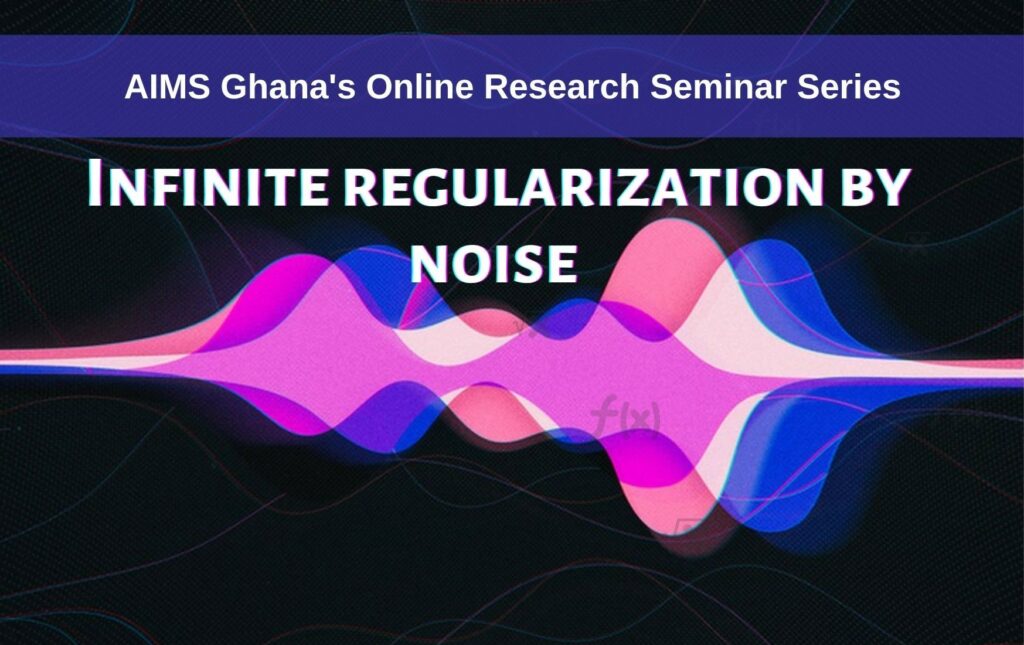Abstract: It is a classical yet surprising result that noise can have a regularizing effect on differential equations. For example, adding a Brownian motion to an ODE with a bounded and measurable vector field leads to a well-posed equation with Lipschitz continuous flow. While the equation without noise may have none or many solutions. Classical proofs
are based on stochastic analysis and on the link between Brownian motion and heat equation. In that argument it is not obvious which property of the noise gives the regularization. A more recent approach by Catellier and Gubinelli leads to a pathwise
understanding of regularization. I will present a simplified version of their approach and use it to construct „infinitely regularizing“ paths: after adding them to an ODE we have
a unique solution and an infinitely smooth flow – even if the vector field is only a tempered distribution. This is joint work with Fabian Harang.
Speaker: Prof. Nicolas Perkowski (Professor at Freie Universität Berlin, Germany)
Short biography of Speaker: Nicolas got his PhD at Humboldt-Universität zu Berlin in 2013. He did further Postdoc research at the University Paris Dauphine. After that, he became a Junior Professor at Humboldt University in 2015. From 2018 to 2019 he was a group leader at Max Planck Institute for Mathematics in the Sciences, Leipzig, funded by DFG through a Heisenberg grant. Since 2019 he is a professor at Freie Universität Berlin. He works in the field of stochastic partial differential equations. He is Associate Editor of the journals AoP, AAP, EJP and ECP. He won Rollo Davidson Prize in 2018 and Heinz Maier-Leibnitz Prize, von Kaven Prize in 2019.
Coordinator: Likibi Pellat B. Rhoss
Zoom Link: Click HERE
Meeting ID: 926 0538 0740
Passcode: 107706
Zoom Meeting Start Time: 2:45pm (Accra Time)
We kindly urge all participants to mute themselves and turn off their cameras when they join the meeting.
NB: Presentations are 50 minutes long after which the speaker would respond to questions from participants. Participants can ask their questions by any or a combination of the following:
1. By typing their questions in the chat box.
2. By writing “I have a question(s)” in the chat box.
3. Raising hands by clicking on the raise hand symbol.
The coordinator would then read out the questions to the presenter or ask the participant to ask his/her question(s).
With the permission of the speaker, we may also record the talk for later distribution upon request.

